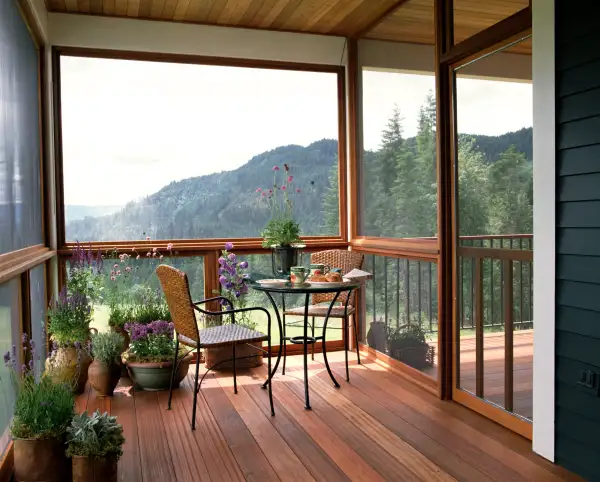Should I Stay in My Home After Retirement?

Laurie Black—Getty Images
Surveys have found that the vast majority of retirees want to remain in their homes for the long haul. After all, it’s hard to beat the security and comfort of a familiar place. That said, even if you no longer have a mortgage, you may find that downsizing to a smaller home or even moving to another town is a more practical option. Answering the following questions can help you decide.
- Could I save money by moving? Owning a large home in a good school district can cost a bundle. But smaller isn’t necessarily cheaper: many condos have high carrying costs that could exceed what you’re paying now.
- What happens as I age? You may be healthy now, but you’ll probably have to remodel to accommodate physical changes as you age. You may need to widen doorways for a walker, for example, or even put in an elevator or lift. One increasingly popular option is a continuing care retirement community (CCRC), which allows you to move seamlessly between independent living, assisted care and a nursing home.
- Where else might I want to live? Moving closer or even into a big city is an increasingly popular option for retirees, and you can potentially save a bundle on transportation costs. Others may crave more time at the beach or countryside. Whatever you’re leaning towards, don't pick up and move without giving a new town a trial run. Rent a place for a few months to make sure you get a true sense of what the community is like. Money's list of best places to retire can help you weigh the plusses and minuses of various locales.